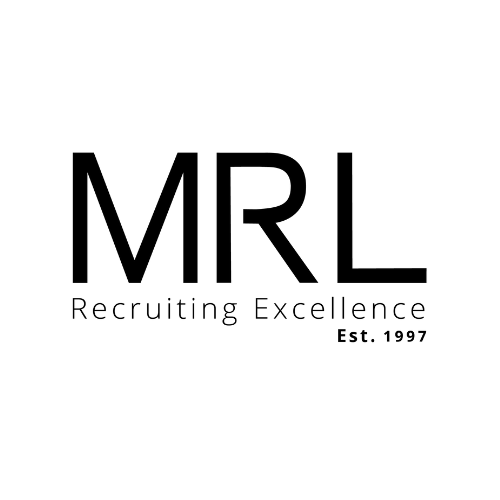Why you should be selective when applying for jobs
18 Aug, 20215 minutesWell, it has the potential to stop you from being offered the job you really want. Is...

Well, it has the potential to stop you from being offered the job you really want.
Is it bad to apply to multiple jobs at the same time?
In a word, yes. While you might think it will increase your chances of getting a job, it can actually do the opposite. Firstly, applying for a job takes time. You need to study the job ad, tailor your CV to fit and create an original cover letter. Some job application processes are much longer than others, too, asking you to answer various questions.
When you're trying to apply for multiple jobs a week, or in some cases a day, you'll find yourself missing the mark and perhaps making mistakes more often. You'll also lose the enthusiasm you had when you began this process. It will quickly become a checklist exercise, and you won't be putting your all into it or showcasing your knowledge and skills to the best of your ability.
Secondly, by applying for multiple jobs and even setting yourself a goal such as submitting five applications a week, you may find that you're applying for jobs you don't really want.
The money might be great, the career progression impressive, but is it really the job you want and will be happy in? Does it fit in with your overall career plans? Does the company reflect the same morals and values as yourself?
Part of your application process should involve researching the company to ascertain whether it's a place you’ll be happy working in for the foreseeable future. If you’re applying for a job to fill a gap while looking for something better, hiring managers will pick up on it.
Applying for fewer jobs gives you the time to put your all into each application and ascertain whether you actually want to work at the company you’re applying to.
Why is it important to be selective in a career?
We recently published posts about inspiring women in the automotive and semiconductor industry. These women have achieved amazing things in their field, and you can too.
But to achieve your goals, you need to know what they are and stick to them. If you haven't drawn up a career plan, we highly recommend trying it. First, think about your ultimate goal, then do your research to set smaller goals to help you reach them and don't deviate.
If you’ve reached a point in your current job where you just want to get out, you may be willing to take on any job, even if it doesn’t fit in with your overall plan. It’s important that you don’t do this. Keep your ultimate goal in mind and be incredibly selective in the types of jobs you apply for.
After all, the last thing you want to do is leave one job you’re unhappy in for another.
Additionally, if you have an ultimate goal and only apply for jobs that will help you achieve this, you’ll learn so much along the way. Many companies in the tech sector are looking for specialists, and the more you learn about your chosen career path, the better you’ll look to prospective employers.
How do you know if a job is right for you?
So, we've discussed why you should be highly selective in the roles you apply for, but then the question is, how do you know if a job is a right move for you and your career?
We recommend trying to find the answers to the following questions before hitting that ‘apply’ button:
-
What skills do I enjoy using the most, and will I be able to use them regularly in this new role?
-
What is the branding of the company like? Will working with them make me more or less attractive when it comes to my next job search?
-
How will this job help me achieve my larger career goals?
-
What level of compensation (salary and job benefits) am I looking for, and does this job match or exceed that?
-
Do I want to work at a base, remotely or a hybrid of the two? Is that possible with this role?
-
What kind of boss do I work best with? What’s the boss like at the company I’m considering working for?
-
What is the mission of the business, and is it something I agree with and care about?
-
What sort of work-life balance do I want, and will I get that if I accept this job?
At MRL, we don't believe in placing people in positions just for the sake of it. Instead, we believe in matching talented people with organisations they can thrive in. So why not get in touch with us to discuss your short and long term career goals and how we can help you achieve your dreams?





